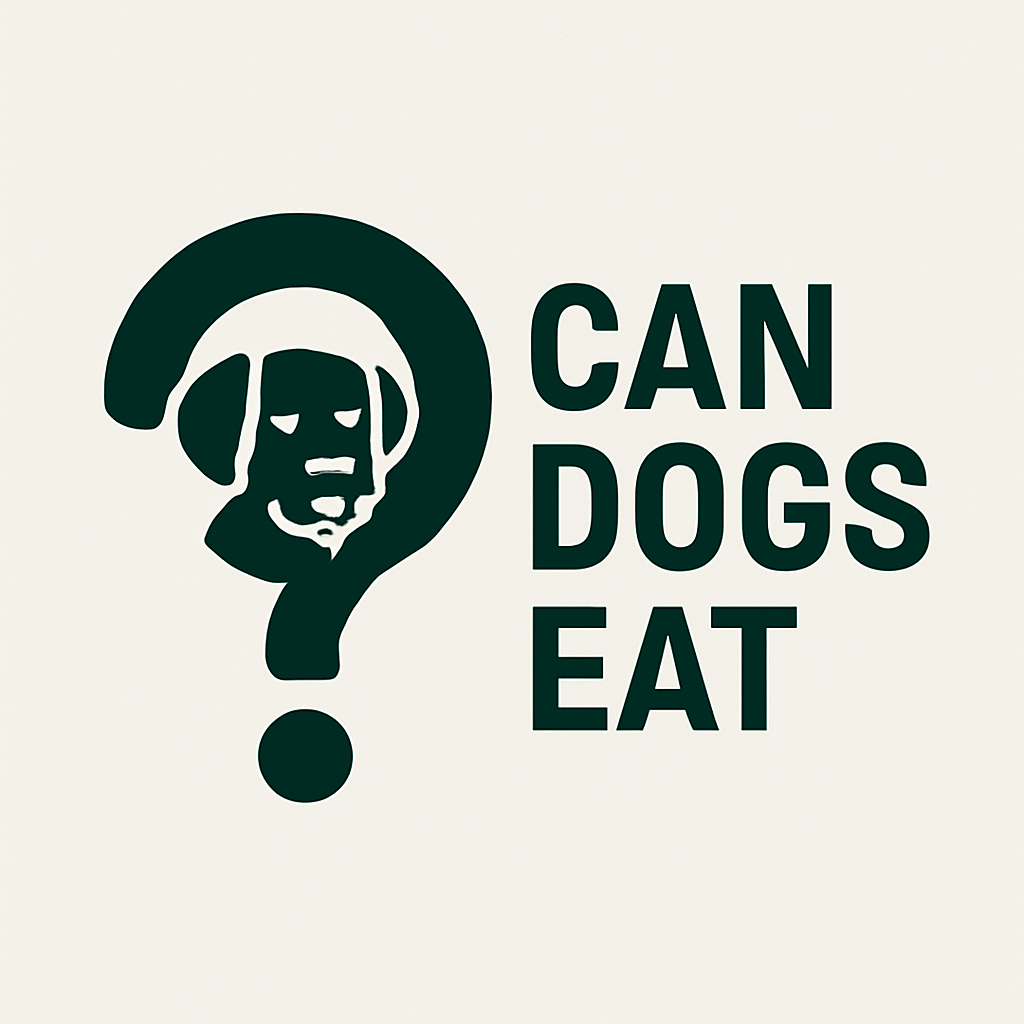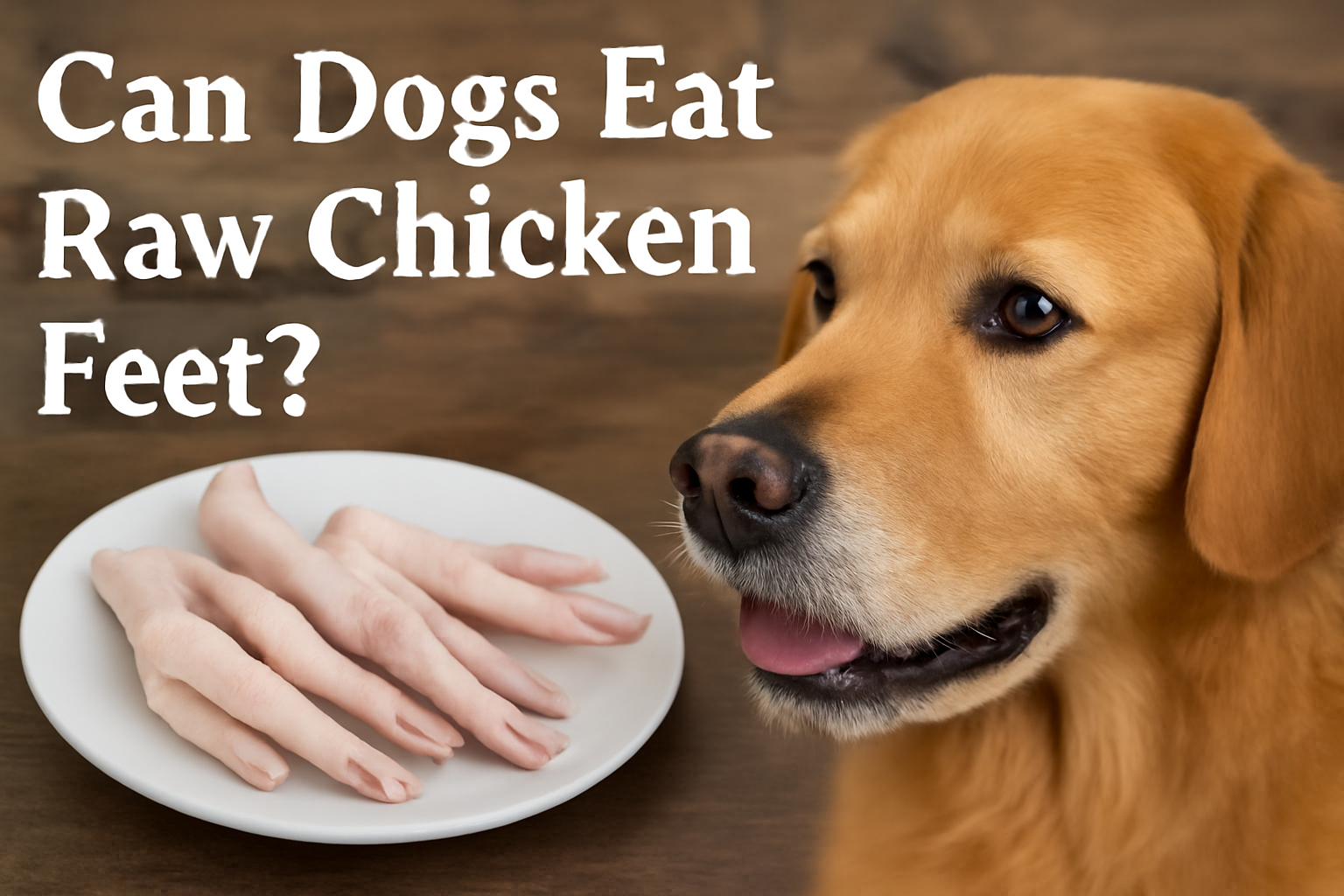Introduction: 🐶🍰Can Dogs Eat Lemon Cake
We all love to share food with our pets, especially when we have something sweet and tasty like lemon cake! But, before you offer a slice to your furry friend, it’s essential to know that some foods, even though they seem harmless to humans, can be harmful to dogs. Lemon cake might look delicious and tempting, but it’s not a good idea to feed it to your dog. In this article, we’ll explore why lemon cake isn’t safe for dogs, the ingredients that make it dangerous, and what you should do if your dog accidentally eats some.
What is Lemon Cake? 🍋🎂
Lemon cake is a sweet, tangy dessert that is made using lemons, sugar, flour, butter, and eggs. It has a fresh lemony taste that many people love. However, for dogs, this combination of ingredients might not be safe. Let’s break down the potential dangers:
Main Ingredients in Lemon Cake:
- Lemon 🍋 – Lemons are acidic and contain citric acid, which can be toxic to dogs in large amounts. The rinds and seeds are especially dangerous.
- Sugar 🍬 – Sugar is bad for dogs as it can lead to obesity, diabetes, and other health problems.
- Butter and Oil 🧈 – These fats can upset your dog’s stomach and lead to gastrointestinal issues.
- Flour 🌾 – While flour itself isn’t toxic, it may cause issues for dogs with wheat allergies or sensitivities.
- Eggs 🥚 – Eggs are safe for dogs in moderation, but too many can cause digestive problems.
Why Is Lemon Cake Not Safe for Dogs? 🚫
Dogs have different digestive systems than humans, and some foods that are safe for us can be harmful to them. Here’s why lemon cake should not be given to dogs:
- Citric Acid in Lemons: The citric acid in lemons can cause digestive upset, including vomiting, diarrhea, and stomach pain in dogs. While small amounts might not harm a dog, it’s best to avoid giving them citrus fruits altogether.
- Sugar and Sweeteners: Many cakes, including lemon cake, contain high amounts of sugar, which is not suitable for dogs. Too much sugar can lead to obesity, dental problems, and even diabetes. Some cakes may also contain artificial sweeteners like xylitol, which is extremely toxic to dogs and can cause liver failure, seizures, or even death.
- Fatty Ingredients (Butter and Oil): While dogs can tolerate some fats, too much fat can lead to pancreatitis, an inflammation of the pancreas. This can make your dog very sick and require urgent medical attention.
- Eggs and Dairy: Some dogs are lactose intolerant and cannot process dairy products like milk and butter. Even though eggs are generally safe for dogs, they can cause digestive upset if consumed in large quantities.
What Happens if a Dog Eats Lemon Cake? 🐕💥
If your dog eats a small amount of lemon cake, they may experience mild symptoms such as:
- Upset stomach
- Vomiting 🤢
- Diarrhea 💩
- Drooling
- Lethargy 😴
However, if your dog eats a large amount of lemon cake, especially if it contains a lot of citrus or artificial sweeteners, the symptoms could be more severe. In such cases, you should contact a veterinarian immediately.
What to Do If Your Dog Eats Lemon Cake? 🆘
If your dog accidentally eats lemon cake, don’t panic. Here’s what you should do:
- Stay Calm 😌 – First, try to stay calm and assess the situation. If your dog ate only a small piece, it’s likely not going to be fatal, but it’s still important to keep an eye on them.
- Watch for Symptoms 👀 – Monitor your dog for any signs of distress, such as vomiting, diarrhea, drooling, or lethargy. If you notice any of these, it’s time to take action.
- Contact a Veterinarian 📞 – If your dog has eaten a large amount of lemon cake or if you are concerned about their health, call your veterinarian for advice. They may recommend inducing vomiting or bringing your dog in for treatment.
Should You Ever Give Lemon Cake to Your Dog? 🤔
No, it’s best to avoid giving your dog lemon cake or any other cakes with citrus fruits, sugar, or artificial sweeteners. Instead, consider giving your dog treats that are made specifically for them, which are safe and healthy. Some great alternatives to lemon cake include:
- Carrot sticks 🥕
- Apple slices 🍏 (without seeds)
- Dog-friendly peanut butter 🥜
- Plain rice and chicken 🍚🍗
Nutritional Value of Lemon Cake 🍰🍋
Here’s a simple table showing the nutritional values of lemon cake per serving (approx. 100 grams):
| Nutrient | Amount per 100g |
|---|---|
| Calories | 320 kcal |
| Protein | 3g |
| Carbohydrates | 45g |
| Sugars | 30g |
| Fat | 15g |
| Fiber | 1g |
| Vitamin C (from lemon) | 10mg |
Note: These values can vary based on the recipe and specific ingredients used in the lemon cake.
FAQs: Your Questions About Dogs and Lemon Cake ❓🐾
Q1: Can dogs eat lemon cake in small amounts?
- It’s best to avoid feeding lemon cake to dogs, even in small amounts, due to the presence of citric acid and sugar, which are harmful to their health.
Q2: What can I do if my dog accidentally eats lemon cake?
- Monitor your dog for any signs of illness like vomiting, diarrhea, or lethargy. If these symptoms appear, contact a veterinarian immediately.
Q3: Can lemon be used in dog treats?
- While small amounts of lemon zest might be used in some dog treats, lemon itself is not safe for dogs, and it’s best to avoid citrus-based ingredients in dog food.
Q4: Can I give my dog a piece of lemon pie or lemon meringue pie?
- No, pies and cakes with lemon should also be avoided, as they contain the same harmful ingredients like citrus and sugar.
Q5: What are safe treats I can give my dog?
- Dogs can enjoy safe treats like carrots, sweet potatoes, blueberries, and specially formulated dog biscuits.
Conclusion: 🐶✨
Lemon cake, while delicious for humans, is not a safe treat for dogs. Its ingredients, especially citric acid, sugar, and butter, can harm your dog’s digestive system and lead to serious health issues. If your dog accidentally eats lemon cake, be sure to monitor them closely and contact a veterinarian if needed.
Remember, it’s always better to give your dog treats that are specifically made for them and avoid sharing foods meant for humans. By being cautious, you can keep your furry friend safe and healthy while still showing them love and care! 🐕❤️




